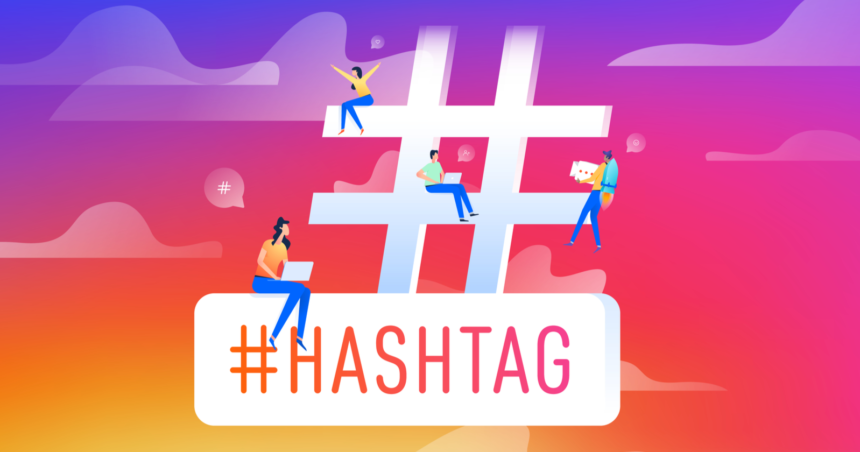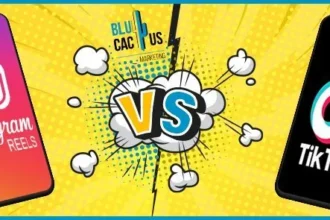How to Use Hashtags
In this fast-paced digital world where everyone’s scrolling through feeds like there’s no tomorrow, getting noticed online can feel like shouting into the Lagos traffic. But guess what? Hashtags are your secret weapon to cut through the noise and shine bright in the Nigerian scene. Whether you’re a budding influencer, a small business owner in Abuja, or just someone sharing vibes from Port Harcourt, mastering hashtags can skyrocket your visibility. Stick around as we dive into practical tips tailored for our vibrant Nigerian audience – no fluff, just actionable advice to make your posts pop!
Why Hashtags Matter for Nigerian Visibility
Hashtags aren’t just trendy symbols; they’re like digital billboards that connect your content to wider conversations. In Nigeria, where social media is booming with over 33 million active users on platforms like Instagram and X (formerly Twitter), using hashtags effectively can help you tap into local trends, cultural events, and community discussions. Think about it: hashtags like #Naija or #LagosLife can expose your post to thousands who are already engaged in Nigerian topics.
By optimizing your hashtag strategy, you improve your chances of appearing in searches, gaining followers, and even driving traffic to your website or business. SEO-wise, search engines love content that’s socially amplified, so effective hashtag use indirectly boosts your online presence beyond social media.
Step 1: Research Popular Nigerian Hashtags
The foundation of effective hashtag use starts with research. Don’t just slap on random tags – understand what’s trending in Nigeria to align your content with hot topics.
- Use Built-in Tools: On Instagram, check the Explore page for Nigerian-specific trends. Search for keywords like “Nigerian fashion” or “Afrobeats” to see related hashtags and their post counts.
- Leverage Third-Party Apps: Tools like Hashtagify or RiteTag can show you trending Nigerian hashtags. For instance, #MadeInNigeria often garners high engagement for local products, while #Nollywood is perfect for entertainment content.
- Monitor Local Events: Keep an eye on cultural happenings like #IndependenceDayNG or #BigBrotherNaija. Timing your posts with these can amplify visibility – posts using event-specific hashtags see up to 12.6% more engagement, according to social media studies.
Pro Tip: Aim for a mix of broad and niche hashtags. Broad ones like #Nigeria (millions of posts) cast a wide net, but niche tags like #AbujaFoodie (fewer but more targeted) help you reach the right audience without getting lost in the crowd.
Step 2: Create Custom Hashtags for Brand Visibility
Want to stand out in the Nigerian market? Invent your own hashtags! Custom tags build community and make your content memorable.
- Keep It Simple and Relevant: For a Nigerian skincare brand, try #NaijaGlowUp instead of something complicated. It ties into local beauty trends and encourages user-generated content.
- Promote Campaigns: If you’re running a giveaway, use #WinWith[YourBrand]NG. Nigerian users love interactive campaigns – think how #EndSARS united voices and boosted visibility globally.
- Track Performance: Use analytics on platforms like Instagram Insights to see how your custom hashtags perform. Adjust based on what resonates with your Nigerian followers.
Remember, consistency is key. Use your custom hashtag across all posts to create a branded trail that leads back to you.
Step 3: Best Practices for Using Hashtags in Nigeria
Now that you’ve got your hashtags, let’s talk execution. Effective use isn’t about quantity; it’s about strategy.
- Optimal Number: Stick to 3-5 hashtags per post on X for quick reads, and up to 10 on Instagram. Overloading can look spammy and dilute your message.
- Placement Matters: Put hashtags at the end of your caption or in the first comment to keep your post clean. For Nigerian audiences, weave in Pidgin or local slang in captions to boost relatability – e.g., “Wetin dey happen? #LagosHustle”.
- Relevance Over Popularity: Always choose hashtags that match your content. Posting about Nigerian cuisine? Use #JollofWars, not a unrelated global tag. This ensures higher engagement from genuine users.
- Cross-Platform Strategy: Tailor for each app. On TikTok, short, fun hashtags like #NaijaDanceChallenge work wonders, while LinkedIn favors professional ones like #NigeriaBusiness.
Common Mistakes to Avoid When Using Hashtags in Nigeria
Even pros slip up, so here’s what not to do:
- Ignoring Local Context: Global hashtags like #Travel might work, but #ExploreNigeria connects better with homegrown audiences.
- Hashtag Stuffing: Too many tags scream desperation. Nigerian users value authenticity – focus on quality.
- Neglecting Analytics: Don’t post and ghost. Check what works; if #Afrobeat isn’t clicking, pivot to #Amapiano for current trends.
- Forgetting Mobile Optimization: Most Nigerians access social media via phones, so ensure your posts (and hashtags) load fast and look good on small screens.
Related article: Unlock Your Reach: The Truth About Hashtags on Facebook, X, and Beyond in 2025
Real-Life Examples of Hashtag Success in Nigeria
Take inspiration from locals who’ve nailed it. Nigerian influencer @chiomakpotha uses #NaijaQueen to build a loyal following, blending personal stories with cultural pride. Or look at brands like @jumiaNigeria, who leverage #BlackFridayNG to drive massive sales during peak seasons.
These examples show that effective hashtag use can lead to viral moments, partnerships, and real business growth in Nigeria’s competitive digital space.
Conclusion: Start Hashtagging Your Way to Nigerian Stardom
There you have it – your roadmap to using hashtags effectively for Nigerian visibility. It’s not rocket science; it’s about being smart, relevant, and consistent. Start small: pick a few tips from this guide, test them on your next post, and watch your engagement soar. Got questions or success stories? Drop them in the comments – let’s keep the conversation going! #NaijaVisibility #HashtagTipsNG
Share it with your network to spread the knowledge!
Image source: searchenginejournal.com






